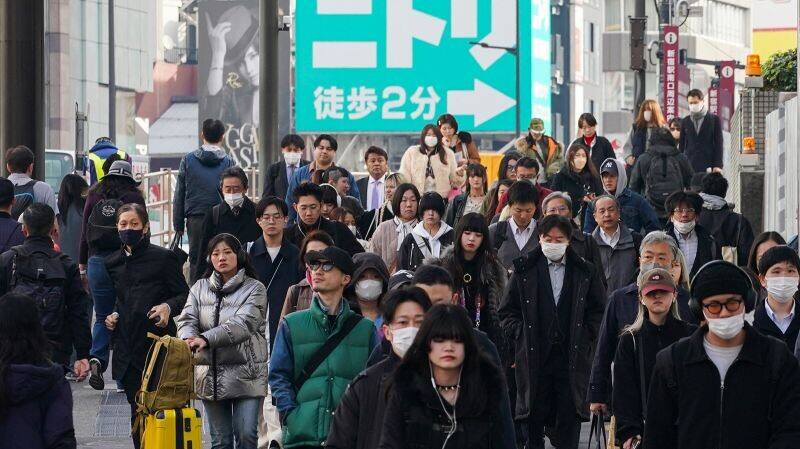
Unable to quit, Japanese workers are turning to 'resignation experts'
What's the story
In Japan, a country known for its intense work culture and long hours, resigning from a job can be seen as the ultimate form of disrespect. This has led to the rise of "resignation agencies," firms that assist employees in navigating their exit from companies, CNN reported. One such agency, Momuri, has reported receiving up to 11,000 inquiries from clients over the past year alone.
Growing demand
The rise of resignation agencies amid pandemic
The demand for these services has surged since the COVID-19 pandemic, as years of remote work have led even some of Japan's most loyal employees to reconsider their careers. Momuri, located in one of Tokyo's busiest business districts, offers its services for 22,000 yen (about $150) or 12,000 yen for part-time workers. This fee covers assistance with tendering resignations, negotiating with companies and providing lawyer recommendations if legal disputes arise.
Overwork culture
Resignation agencies: A response to Japan's overwork culture
Shiori Kawamata, operations manager of Momuri, shared that some clients have had their resignation letters torn up multiple times and were not allowed to quit "even when they kneel down to the ground to bow." "We sometimes get calls from people crying, asking us if they can quit their job based on XYZ. We tell them that it is okay, and that quitting their job is a labor right," Kawamata added.
Generational shift
The changing approach to work among young people
Yuki Watanabe, 24, is one of many who has sought help from a resignation expert. The young worker told CNN that for her, spending 12 hours every day in the office is considered a short day. "The latest I would leave [the office] would be 11 p.m," said the 24-year-old. The expectations were so rigorous that Watanabe (name changed to protect future work possibilities) began to experience health issues such as "shaky legs and stomach issues."
Government action
Government intervention and labor laws
Human resources professor Hiroshi Ono, from Hitotsubashi University Business School, said the situation had gotten so bad that the Japanese government had started publishing a list of unethical employers to deter their hiring abilities. More than 370 companies have been blacklisted by labor bureaus since this list was first published in 2017. The Ministry of Health, Labour, and Welfare reported 54 work-induced brain and heart diseases deaths and were granted compensation in 2022, down from 160 two decades earlier.
Numbers
Number of people seeking claims for mental stress increasing
However, the number of people seeking claims for mental stress at work is increasing, from 341 to 2,683 over the same time period. In 2017, a 31-year-old political NHK reporter passed away due to heart failure that was caused by lengthy working hours. The month before her demise, she worked 159 hours overtime. Five years later, a 26-year-old doctor committed suicide after working over 200 hours of overtime. In Japan, there is even a term for "overwork death" called Karoshi.